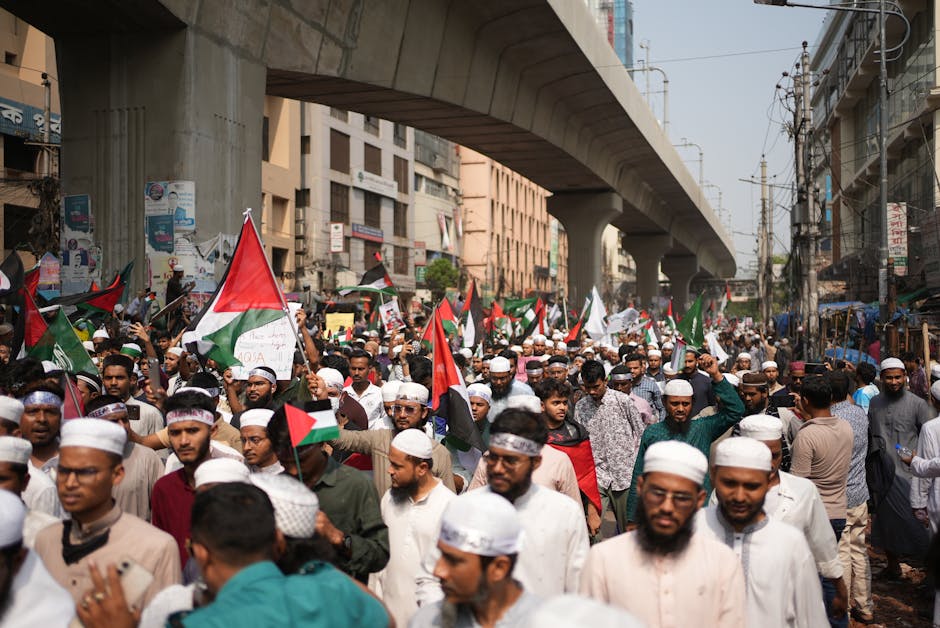As the Israel–Hamas conflict enters its second year, both sides have reportedly resumed peace talks aimed at achieving a sustainable resolution for Gaza. Facilitated by international mediators, these negotiations come amid escalating humanitarian concerns and global pressure to end the violence that has devastated the region.
A Conflict with No End in Sight
The two-year-long war has been marked by cycles of violence, failed ceasefires, and collapsed diplomatic efforts. Gaza’s infrastructure lies in ruins, hospitals are overwhelmed, and essential resources like food, water, and electricity are critically scarce. Meanwhile, Israeli communities near Gaza face constant rocket attacks, causing casualties and widespread fear.
The latest talks, held in a neutral location, offer a glimmer of hope. Sources indicate discussions center on a comprehensive peace plan, including a long-term ceasefire, Gaza’s reconstruction, and addressing the conflict’s root causes. However, significant hurdles remain, particularly around Israel’s security demands and the lifting of Gaza’s blockade.
International Mediation and Pressure
The United Nations, Egypt, Qatar, and the United States are key players in facilitating the negotiations. UN Secretary-General António Guterres has called for an immediate end to hostilities, stressing the need to address Gaza’s humanitarian crisis. The Biden administration has intensified diplomatic efforts, advocating for a two-state solution and urging both sides to compromise.
Egypt and Qatar have also played crucial roles, leveraging their regional influence to bridge gaps between Israel and Hamas. Their involvement has been instrumental in keeping the dialogue alive.
Humanitarian Crisis Deepens
The humanitarian situation in Gaza has reached catastrophic levels. The World Health Organization (WHO) reports that over 70% of Gaza’s population requires urgent aid. Hospitals are barely functioning, medical supplies are dwindling, and the UN Relief and Works Agency (UNRWA) warns of an impending famine.
In Israel, the psychological toll of the conflict is profound. Communities near Gaza live in constant fear, and the government faces criticism for its handling of the crisis. Many Israelis are calling for a balanced approach that addresses both security and humanitarian needs.
Challenges to Peace
Achieving lasting peace remains a formidable challenge. Hamas demands an end to the Gaza blockade, the release of Palestinian prisoners, and international guarantees for reconstruction. Israel insists on stringent security measures, including Hamas’s disarmament and the return of Israeli hostages.
Skepticism persists on both sides. Israeli officials question Hamas’s commitment to peace, citing its history of rearming during ceasefires. Hamas, meanwhile, accuses Israel of using talks as a stalling tactic.
Hope Amidst Despair
Despite the challenges, the resumption of talks is a positive step. International involvement has provided momentum for dialogue, and there is cautious optimism for a breakthrough.
As the conflict marks its second year, the stakes are higher than ever. The people of Gaza and Israel deserve a future free from fear and violence. While the outcome of these talks remains uncertain, they offer a fragile hope that peace, however elusive, is still possible.




